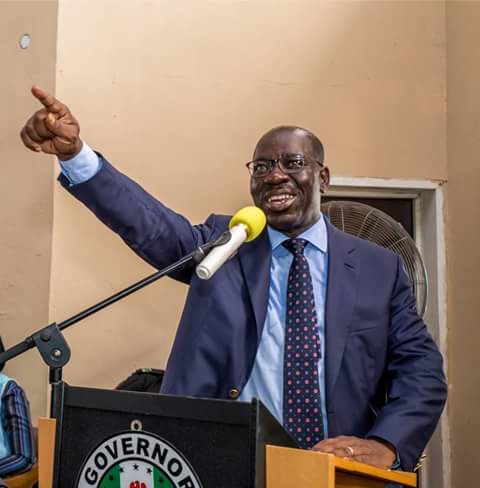By Odunewu Segun
It is no longer news that domestic airlines are finding it difficult to remain afloat in the face of a harsh operating environment, regulatory agencies contribute significantly to the dwindling fortunes of domestic airlines in recent times, National Daily reports.
Operators in the industry attributed the dwindling fortunes of domestic airlines to multiple taxations by the regulatory agencies, which they claimed had dangerously encroached on their profits, forcing them to go cap in hands to banks for funds.
They argued that any incentive seemingly provided by the government to the airlines was being taken back by the regulatory agencies in the form of multiple taxation.
In June 3, 2012, Nigeria had nine domestic airlines, Nigeria had nine domestic airlines; Arik Air, Aero, Air Nigeria, Associated, Chanchangi, First Nation, IRS, Dana and Overland Airways; but today, four of them; Air Nigeria, Chanchangi, IRS and Associated, are no more.
In the last one year, Aero Contractors, FirstNation and the few surviving ones had one time or the other suspended flight operations. Arik airlines, whose 30 aircraft fleet was depleted to just nine in one year was taken over by the Asset Management Corporation of Nigeria (AMCON) to avoid total collapse of its operation last month.
For Capt. Mohammed Joji, Secretary General of Airline Operators of Nigeria, forty-seven airlines have gone under due to policy somersault and high operating costs. He claimed that domestic carriers are being stifled by multiple taxes, charges and levies to the extent that the airlines are now groaning under the pressure.
Lamenting the charges, Chairman of AON, Capt. Nogie Meggison told National Daily that domestic airlines, on the average, pay between 35 per cent and 40 per cent of the cost of tickets as taxes and charges that come under the guise of statutory levies.
According to him, these ridiculous charges include: five per cent ticket sales charge, five per cent cargo sales charge, five per cent VAT, passenger service charge, charter sales charge, aircraft inspection fees, simulator inspection fees, landing charges, parking charges and several other charges.
It was also gathered that the Nigerian Airspace Management Agency (NAMA) also subjected domestic airlines to different kinds of navigational charges such as terminal navigational charges, en-route navigational charges, over-flight charges, clearance charges, which foreign airlines don’t pay. Interestingly, in spite of all these charges, NAMA still gets 23 per cent taken from the NCAA’s five per cent Ticket Sales Charges account.
However, in defense, the Nigerian Civil Aviation Authority (NCAA) attributed domestic airlines’ dwindling fortunes to the lack of corporate governance, adding that its strict regulation has forced the number of carriers to keep going down.
Spokesman for NCAA, Sam Adurogboye, said rather than accuse the aviation regulator of adding to their burden by applying five per cent Ticket Sales Charge (TSC), he said domestic airlines should be blamed for their woes.
He dispelled allegations that the aviation regulatory body added five per cent Ticket Sales Charge (TSC); a situation the airlines said had become a burden to them. He stated that the charge was never a tax on airlines as they would have Nigerians believe but a charge on passengers collected in trust by airlines to be remitted to the government so as to ensure facilitation is not hindered at the airports.

 Entertainment6 days ago
Entertainment6 days ago
 Health1 week ago
Health1 week ago
 Health4 days ago
Health4 days ago
 Football1 week ago
Football1 week ago
 Crime5 days ago
Crime5 days ago
 Football1 week ago
Football1 week ago
 Education6 days ago
Education6 days ago
 Crime1 week ago
Crime1 week ago


